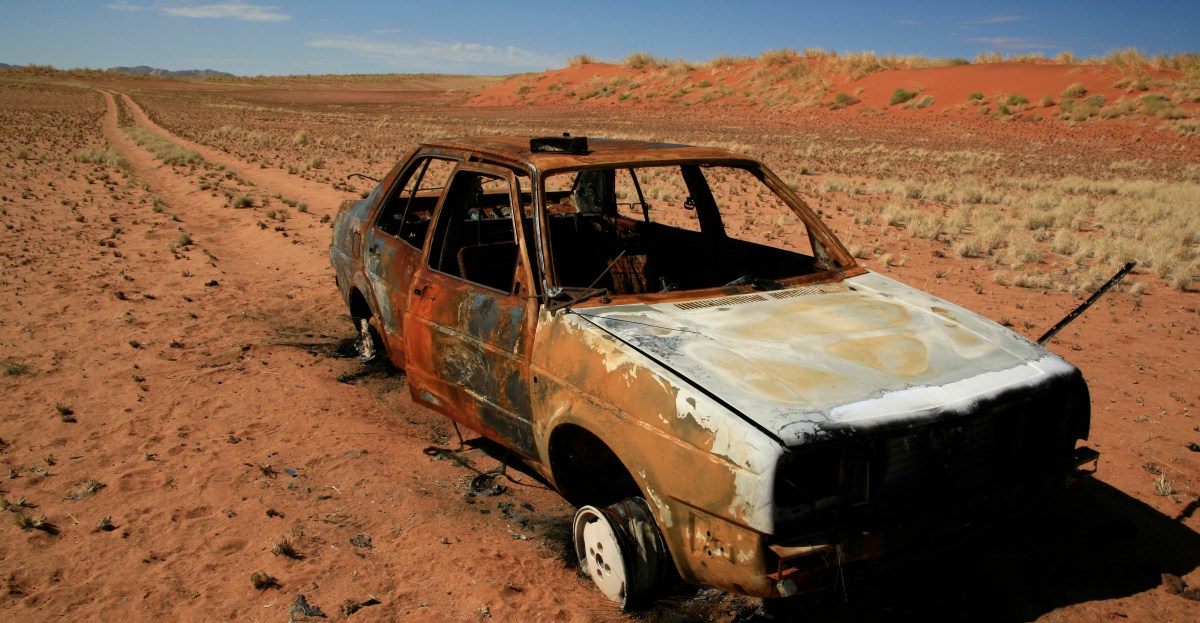Despite a recent slowdown in US sales, global forecasts for electric vehicles remain bullish. Countries across North America, Europe, and Asia are expanding charger networks and offering EV subsidies; global EV sales are projected to nearly triple by 2030, reaching 40 million vehicles annually.
The incipient wave of EV purchases raises a question: What will happen to the millions of gas-powered cars whose owners no longer want them?
The likely answer: Rather than scrapping used gas vehicles or selling them domestically, rich nations will dispatch them to developing countries where limited incomes and low levels of car ownership have created eager buyers for even older, substandard models.
An influx of used gas cars would be a welcome development for those in the Global South who aspire to automobile ownership, a luxury that many in affluent countries take for granted. But it would undermine efforts to mitigate climate change, since shifting gas guzzlers from one country to another doesn’t lower global emissions. For developing countries themselves, a sharp increase in car ownership could amplify calls to build auto-reliant infrastructure, making it harder to construct the dense neighborhoods and transit networks that can foster more sustainable growth. And since these imported used cars would be fueled by gasoline, air quality would further decline in cities that are already choked with smog.



I did my research, too. I watched three Youtube videos about it, and concluded it’s clearly a fraud.
I agree, can you recommend a good YouTube video on the subject that confirms my preconceived beliefs?